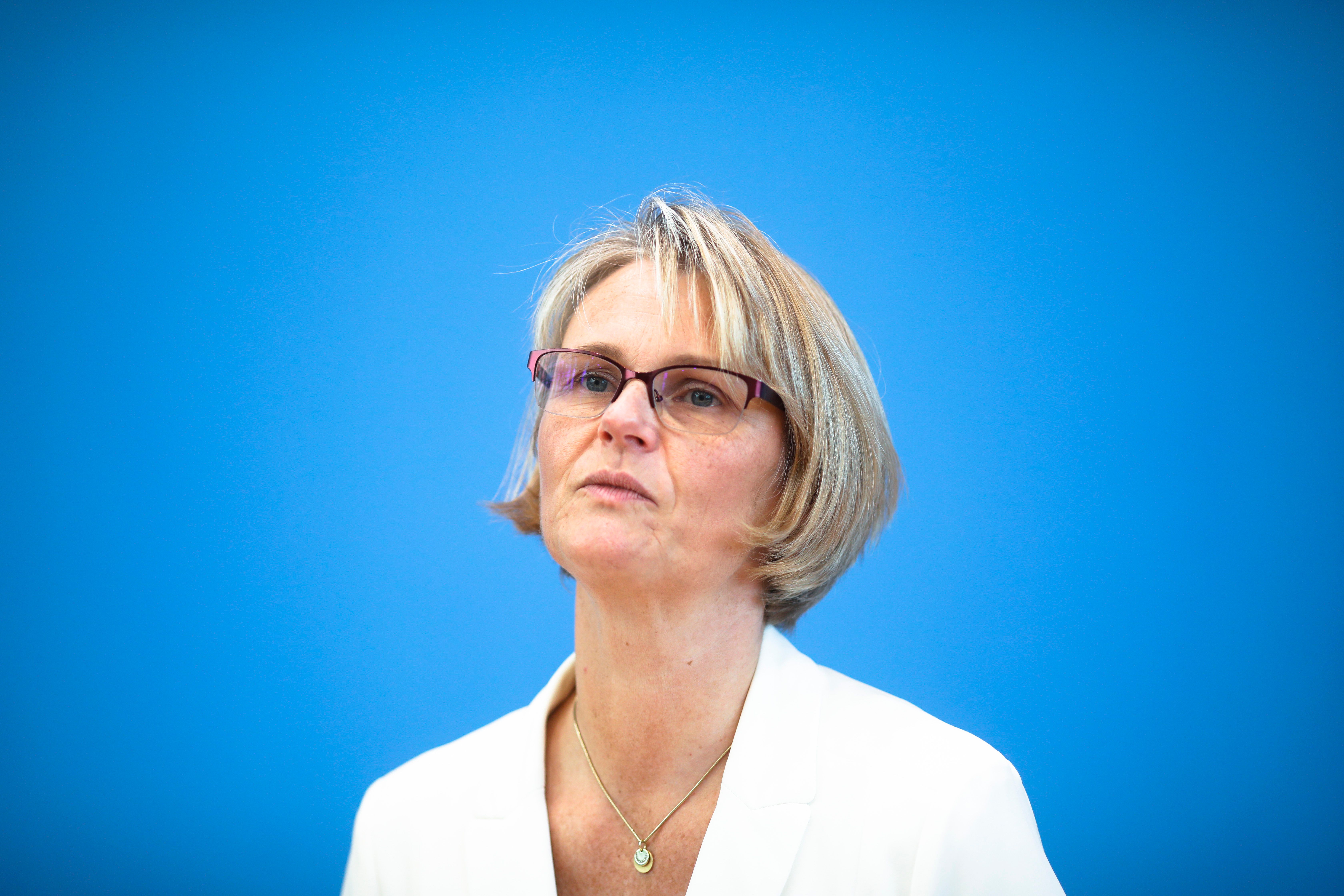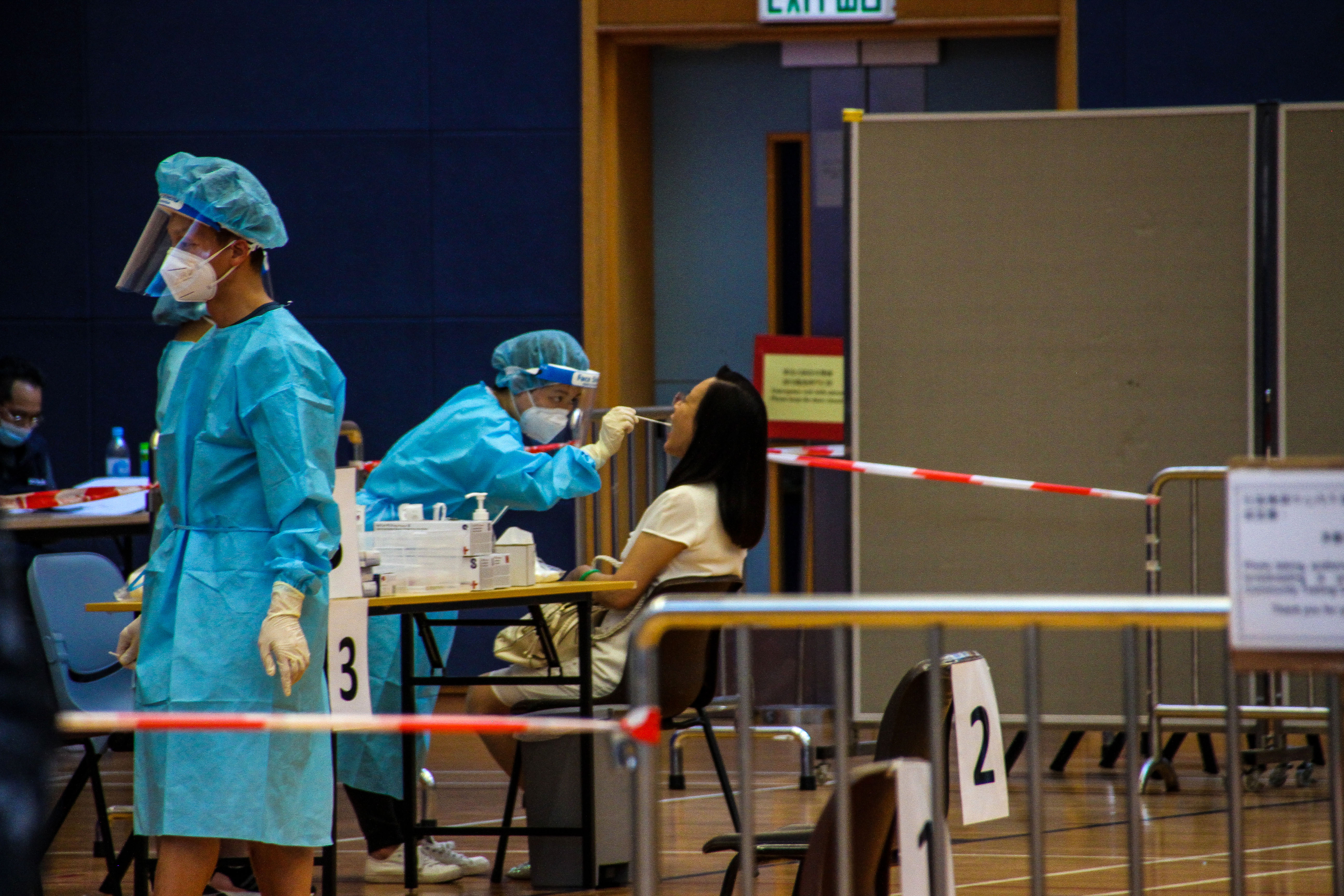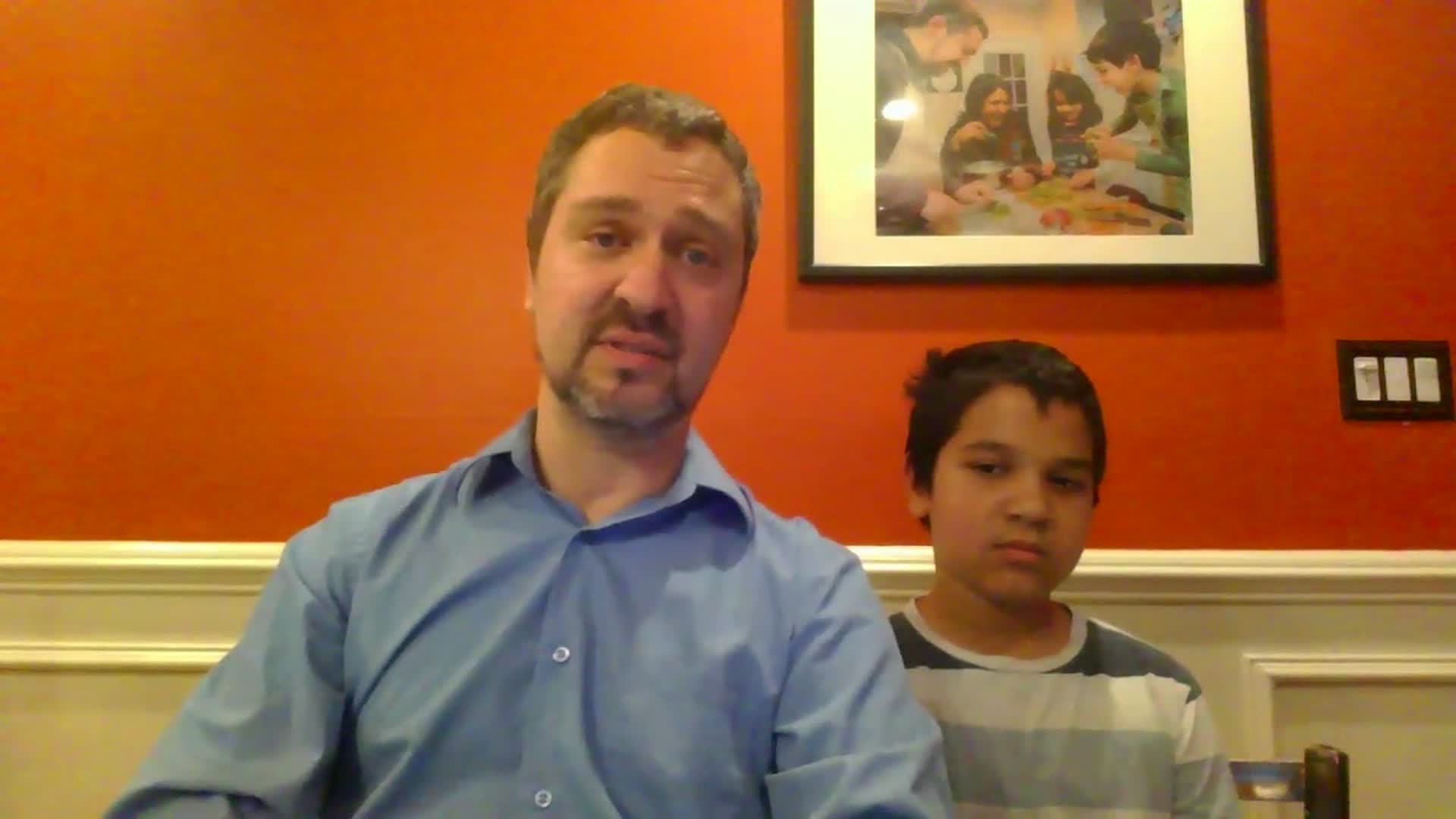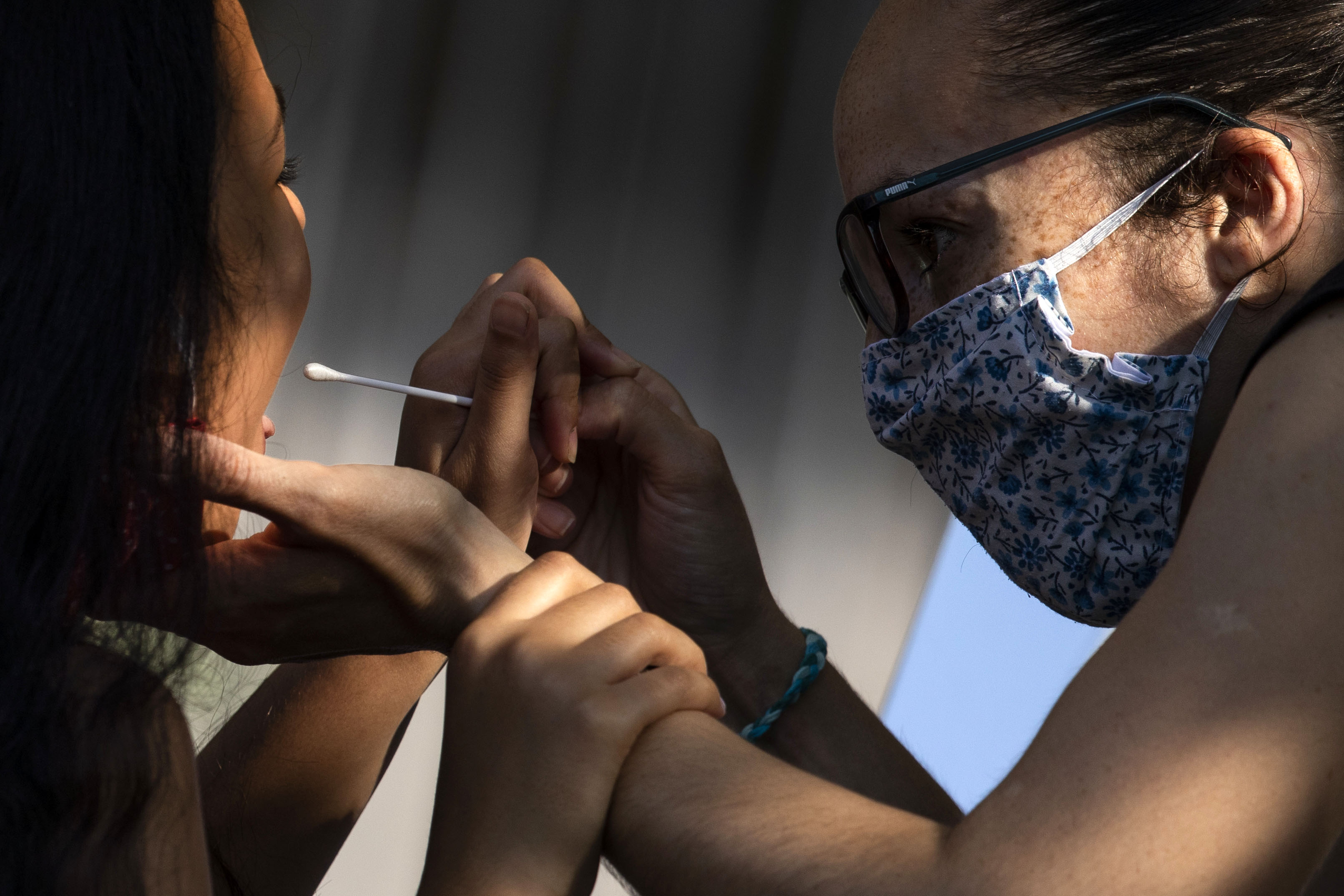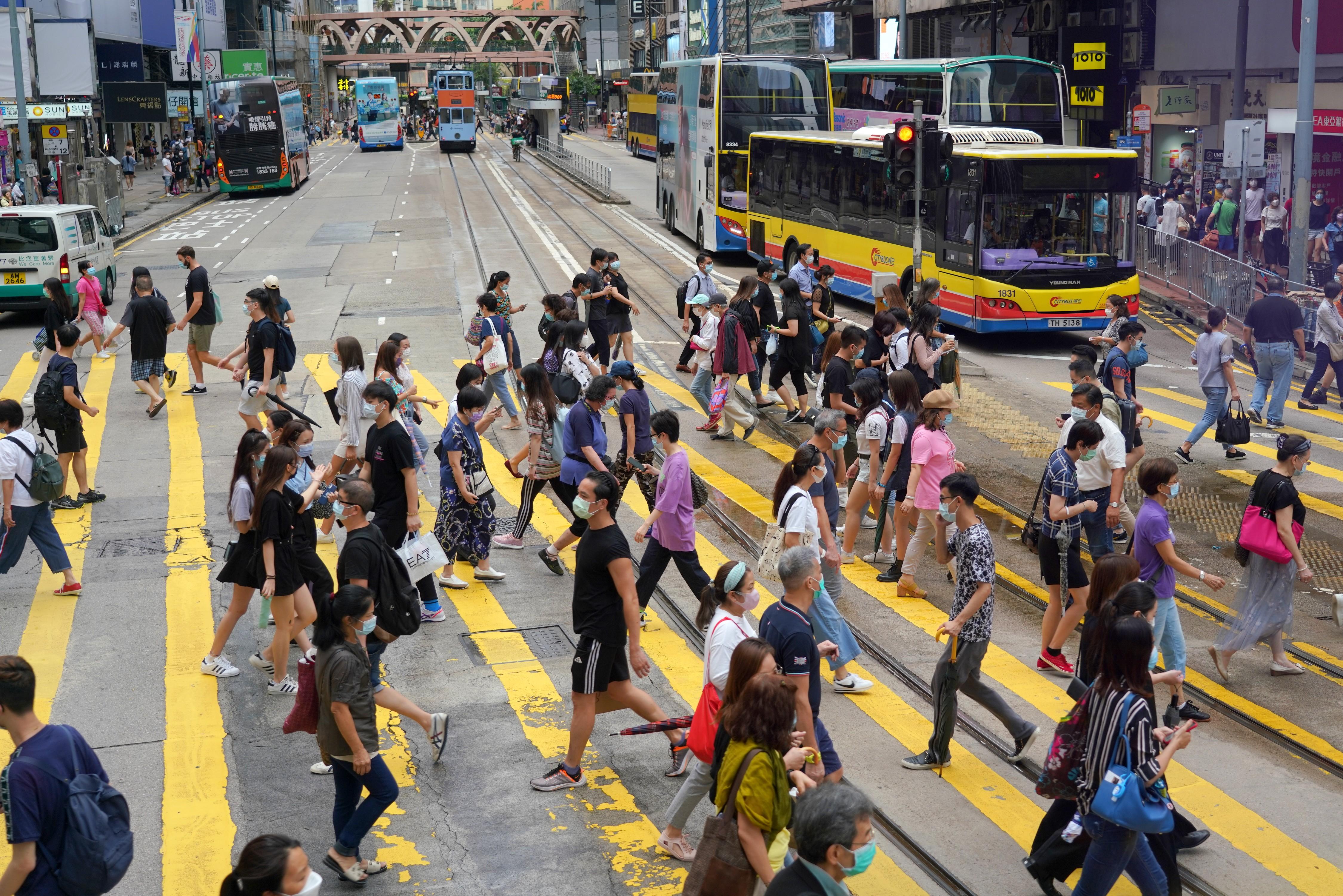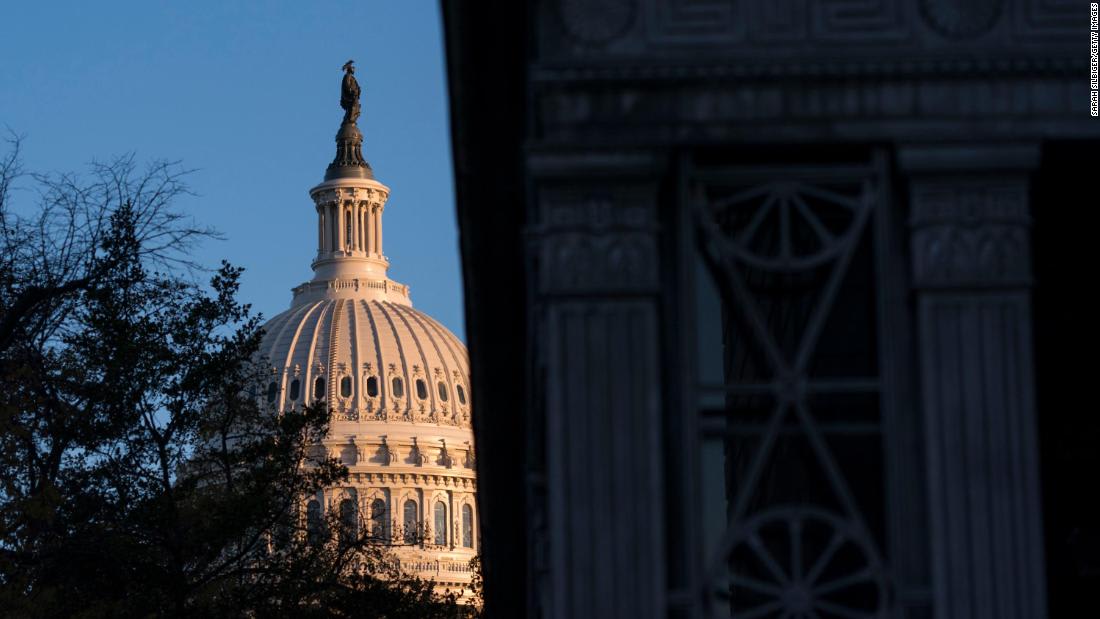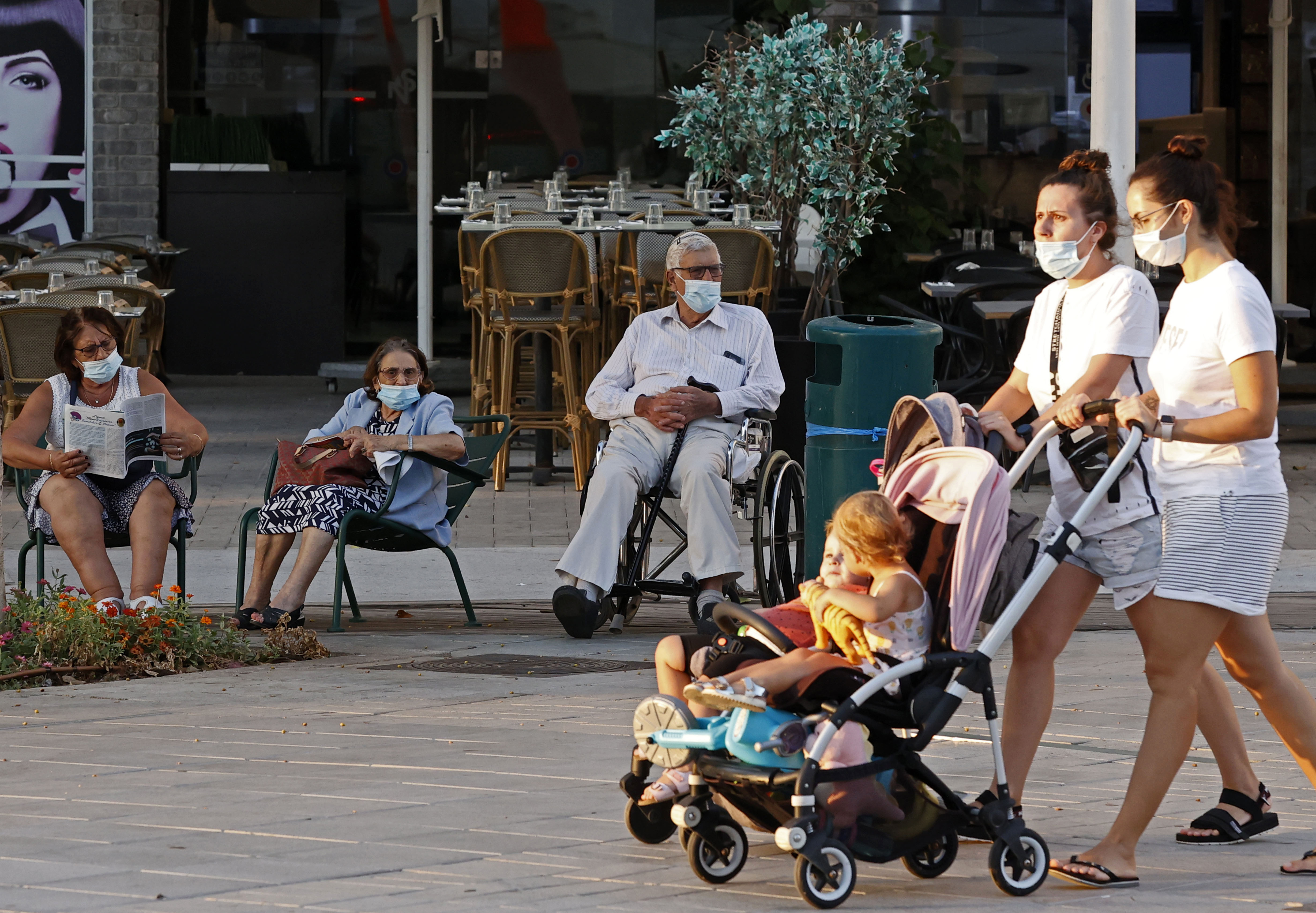The World Economic Forum (WEF) said there is a “strong possibility” that the “current manufacturing capacity may not be enough to supply a global Covid-19 vaccination programme.”
In a statement released Tuesday, Arnaud Bernaert, head of Health and Healthcare at WEF, said there are several ways this dire situation can be addressed.
“More partnerships between researchers and manufacturers, are needed,” he said, explaining that one solution “requires hacking the current system.”
Current funding “usually comes with obligations for the manufacturers to produce on the territory of the country providing financial resources,” he explained. This may result in “limited availability” of the vaccine in other countries.
The Developing Countries Vaccine Manufacturers Network (DCVMN), which accounts for more than 65% of vaccines produced in each WHO region (except the European Region) “needs to be put to work,” he said.
Bernaert is suggesting a “pairing mechanism for vaccine innovators and vaccine manufacturers” – which would help find more capacity among the many vaccine candidates that are out there right now.
By doing “The Great Reset … the interest of all prevail over the ones of an elite,” Bernaert said.
WATCH:
